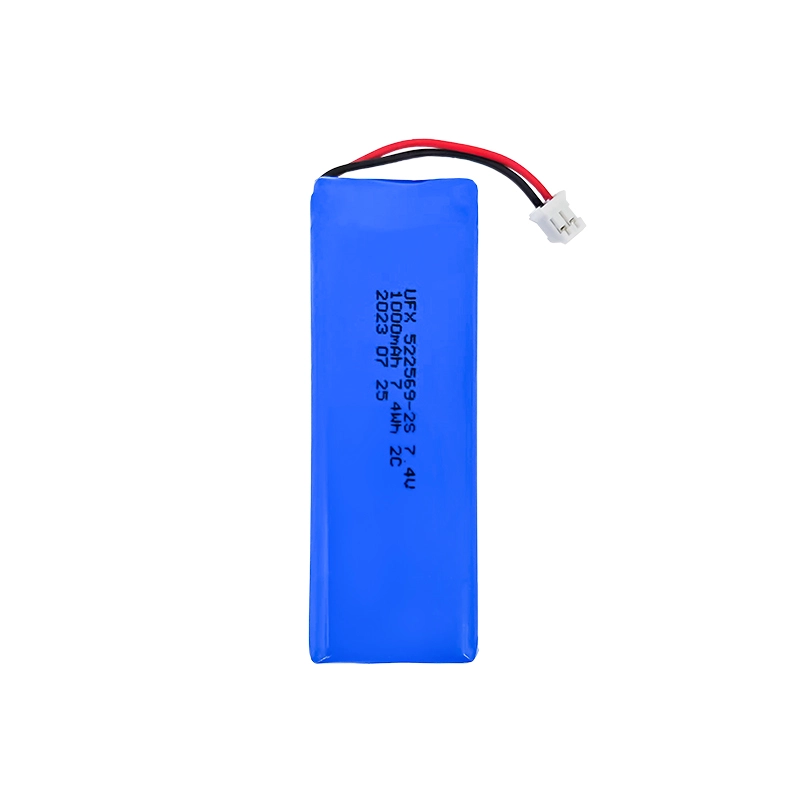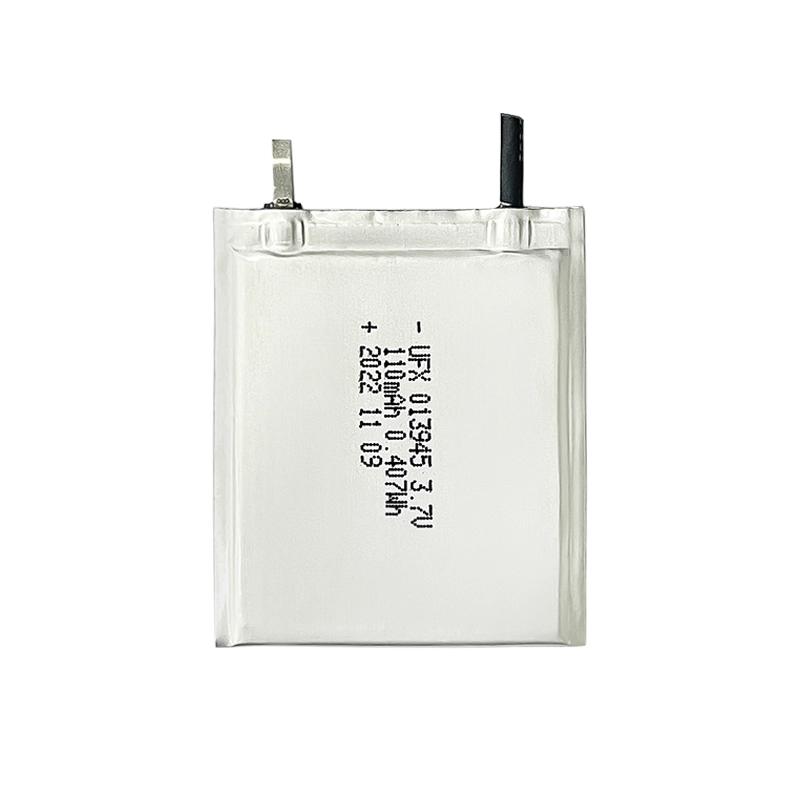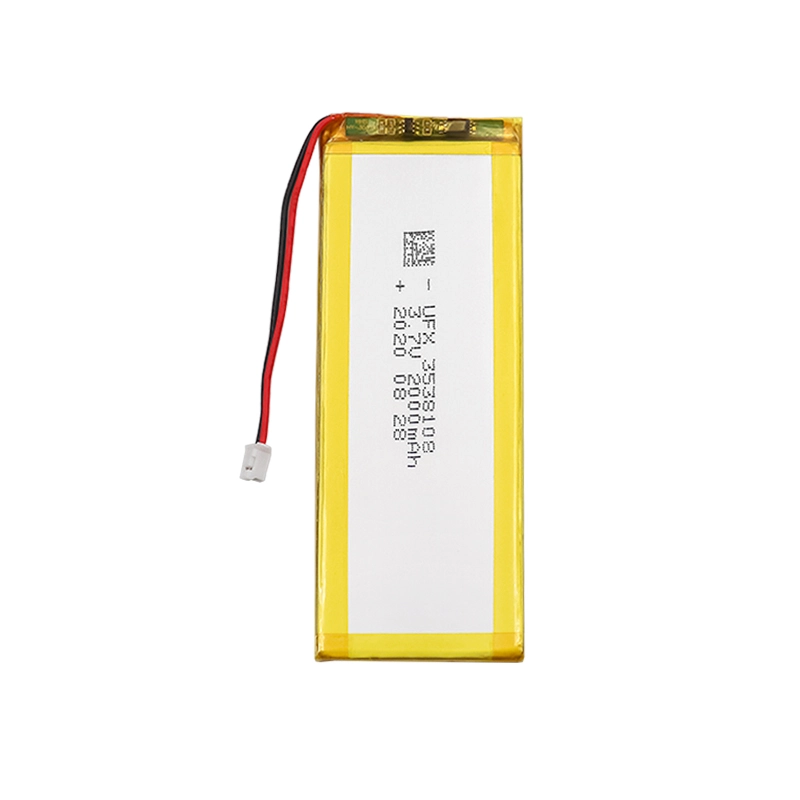
Alarm Clock Batteries Types, Lifespan, And Benefits Of Lithium Batteries
Today’s mobile smart life is inseparable from batteries everywhere. From alarm clocks, mobile phones, tablets, cameras and other mobile digital products to battery cars and new energy vehicles, they are all inseparable from the protagonist behind the scenes – lithium batteries.
Alarm clocks are essential devices that help us start our day on time. Behind the smooth functioning of these clocks is a reliable power source: the alarm clock battery. In this article, we will delve into the principle behind alarm clock batteries, discuss the different types available, compare their advantages and disadvantages, and explore the battery life of alarm clocks. Additionally, we will highlight the benefits of using lithium batteries for alarm clocks. So, let’s dive in and learn more about these essential timekeepers!
Principle of Alarm Clock Battery
Alarm clock batteries operate on the principle of converting chemical energy into electrical energy. Most alarm clocks use a DC (direct current) power source, typically provided by batteries. When the alarm is activated, the electrical circuit is completed, and the flow of electricity powers the clock’s mechanism, allowing it to function accurately.
Types of Alarm Clock Batteries
- Alkaline Batteries: Alkaline batteries, such as AA or AAA, are commonly used in alarm clocks. They offer a good balance between cost, availability, and performance. Alkaline batteries provide reliable power and are widely accessible.)
- Rechargeable Batteries: Rechargeable batteries, like nickel-metal hydride (NiMH) or lithium-ion (Li-ion) batteries, are an eco-friendly option. They can be recharged multiple times, reducing waste and long-term costs. However, they may have a slightly lower voltage compared to alkaline batteries.
- Lithium Batteries: Lithium batteries are gaining popularity for alarm clocks due to their superior performance. They offer a higher energy density, longer lifespan, and better performance in extreme temperature conditions. Lithium batteries provide a reliable and long-lasting power source for alarm clocks.
Comparison of Advantages and Disadvantages
Alkaline Batteries
- Advantages: Widely available, affordable, good performance.
- Disadvantages: Not rechargeable, shorter lifespan compared to lithium batteries.
Rechargeable Batteries
- Advantages: Eco-friendly, cost-effective in the long run.
- Disadvantages: Lower voltage, may require more frequent recharging.
Lithium Batteries
- Advantages: High energy density, longer lifespan, better performance in extreme temperatures.
- Disadvantages: Relatively higher cost compared to alkaline batteries.
4. Battery Life of Alarm Clocks
The battery life of an alarm clock depends on various factors, including the type of battery used, the clock’s power consumption, and the frequency of use. Alkaline batteries typically last several months to a year, depending on usage. Rechargeable batteries may require more frequent recharging, but their lifespan can extend for years. Lithium batteries offer an even longer lifespan, often lasting several years before needing replacement.
Choosing the right battery for your alarm clock is crucial for ensuring reliable timekeeping and avoiding any unwanted disruptions to your daily routine. While alkaline batteries are widely used, rechargeable batteries offer a sustainable option. However, for optimal performance and longevity, lithium batteries are an excellent choice. With their high energy density and extended lifespan, lithium batteries provide a reliable power source for alarm clocks.
As a professional lithium battery factory, Ufine has successfully developed and produced thousands of conventional batteries, lithium iron phosphate batteries, ultra-thin special-shaped batteries, low-temperature batteries and 18650 batteries. These batteries have high energy density, high working voltage and small size. , lightweight, long service life, small self-discharge, safety and environmental protection, etc. Ufine’s lithium batteries are widely used in mobile phones, mobile digital products, notebook computers, energy storage, power tools, transportation, medical, aerospace and other fields.
High Energy Density
It stores large amounts of energy in a smaller and lighter package
Longer Cycle Life
Withstands extensive charge and discharge cycles
Low Self-Discharge
Maintains power longer when not in use
Safety
Minimizes the risk of accidents and ensures safe operation
More Information About Alarm Clock Battery
-
Can you customize alarm clock batteries?
-
Can your lithium batteries meet specific country or region certification requirements?
-
How safe are Ufine batteries?
Latest Blogs
About Lithium Battery Industry News

Comprehensive Guide to Choosing the Right Cart Battery
Choosing the right cart battery ensures optimal performance and longevity. This guide covers cart battery types and helps you make an informed choice.
2024/07/26 Henry

The Ultimate Guide to 18650 Button Top Battery
18650 button top batteries are popular for their high energy density and reliability. This guide covers their key features, usage, and maintenance tips.
2024/07/26 Henry

The Power of Slim: Unveiling the Potential of Flat Lithium Ion Battery
Flat lithium-ion batteries power devices from phones to vehicles. This article explores their design, benefits, types, applications, charging, and safety.
2024/07/25 Henry

The Comprehensive Guide to Battery Balancing and Battery Balancer
Battery balancing and balancers optimize performance, longevity, and safety. This guide covers techniques and tips for choosing the right balancer.
2024/07/25 Henry

10 Key Facts About Drone Battery for 2024
Uncover crucial insights with "10 Key Facts About Drone Battery for 2024." Learn the latest trends and essential details on drone batteries.
2024/07/25 Gerald

9 Keys to Look for Quality Lithium Battery Charger
Buying a lithium battery charger? Check out these 9 key aspects to ensure you get the best quality. Make a smart choice for your devices!
2024/07/24 Gerald





